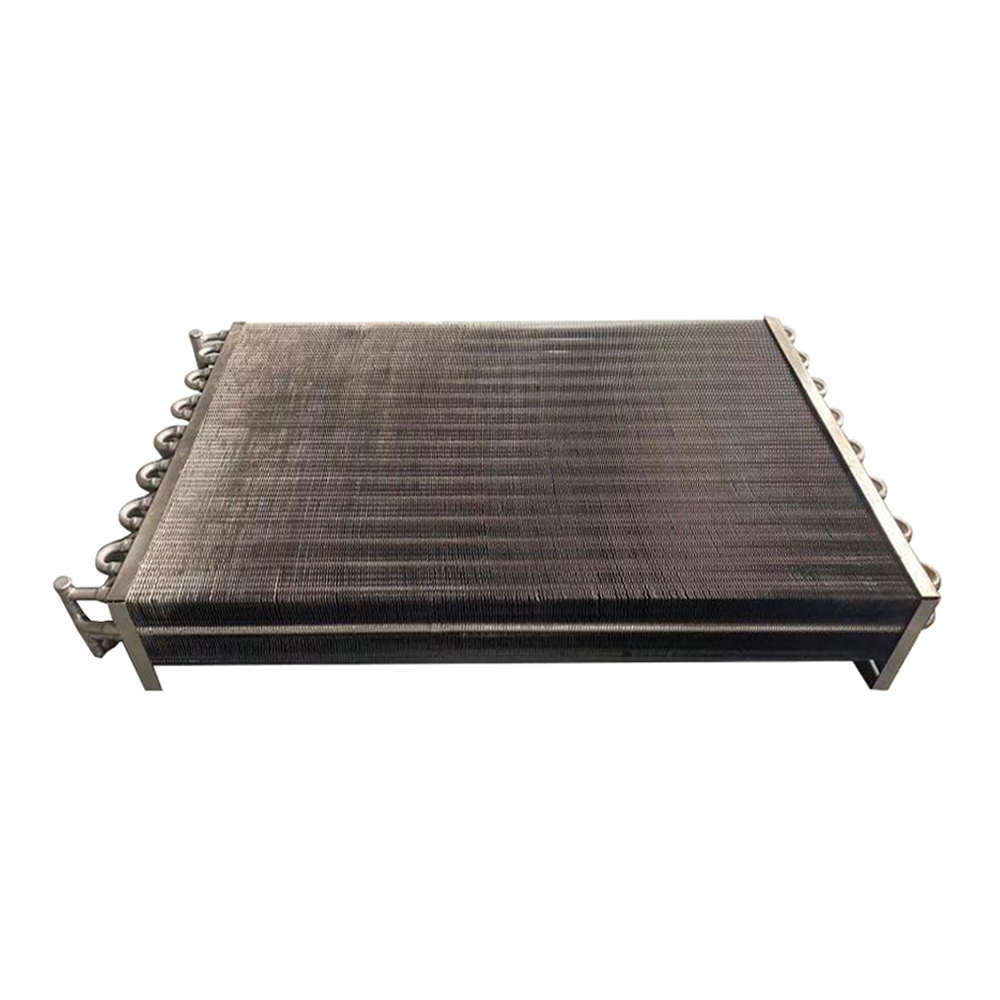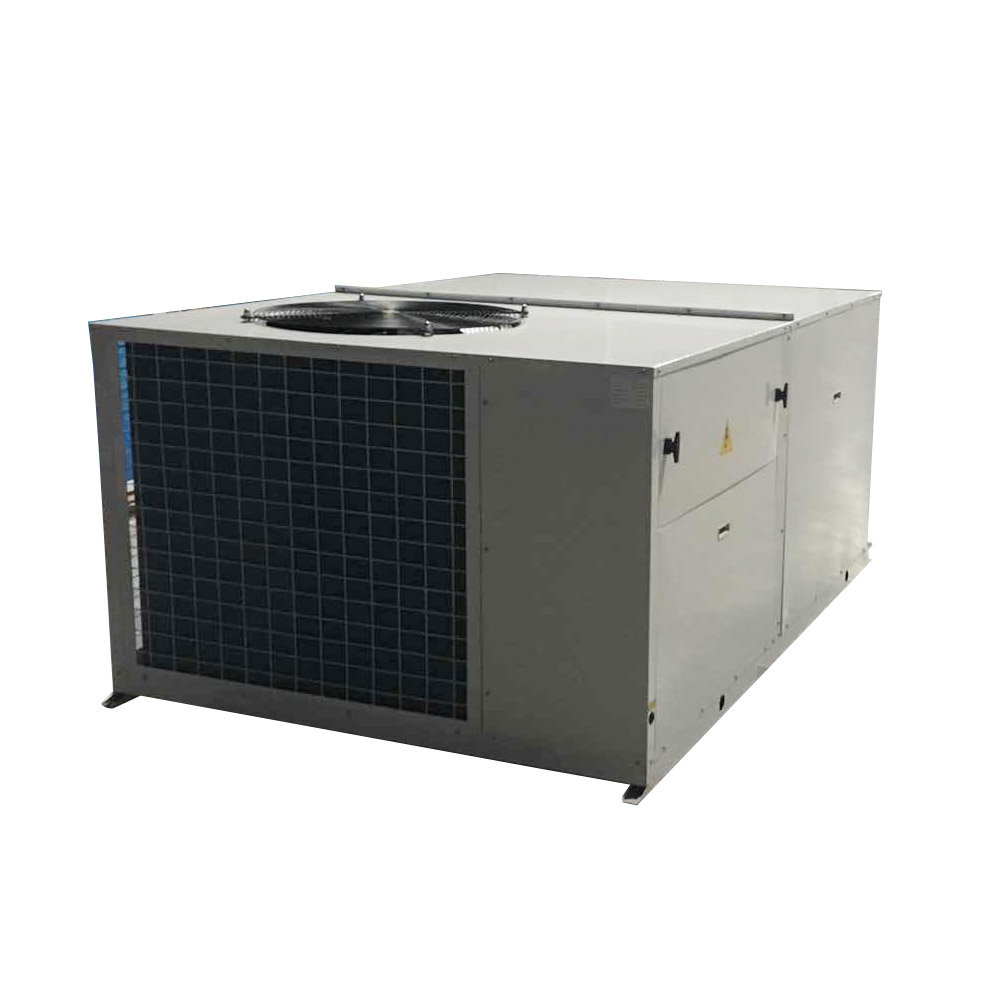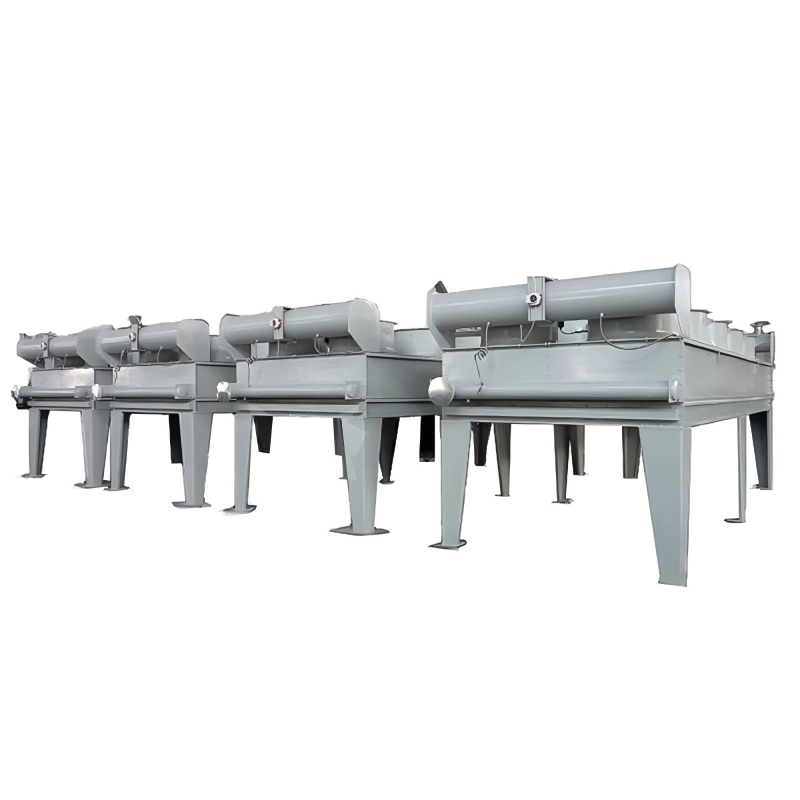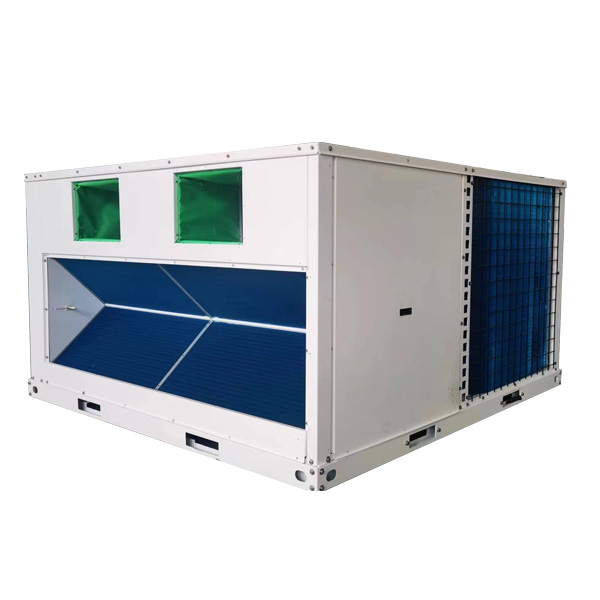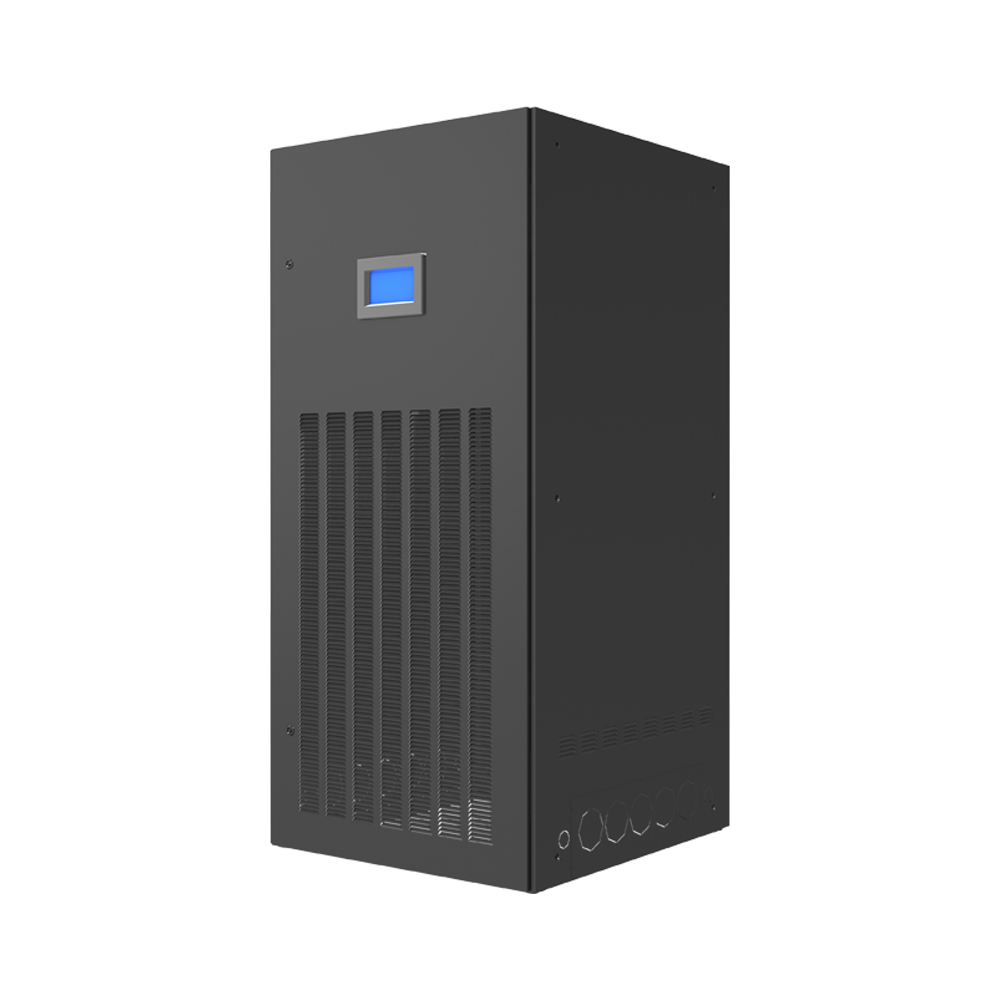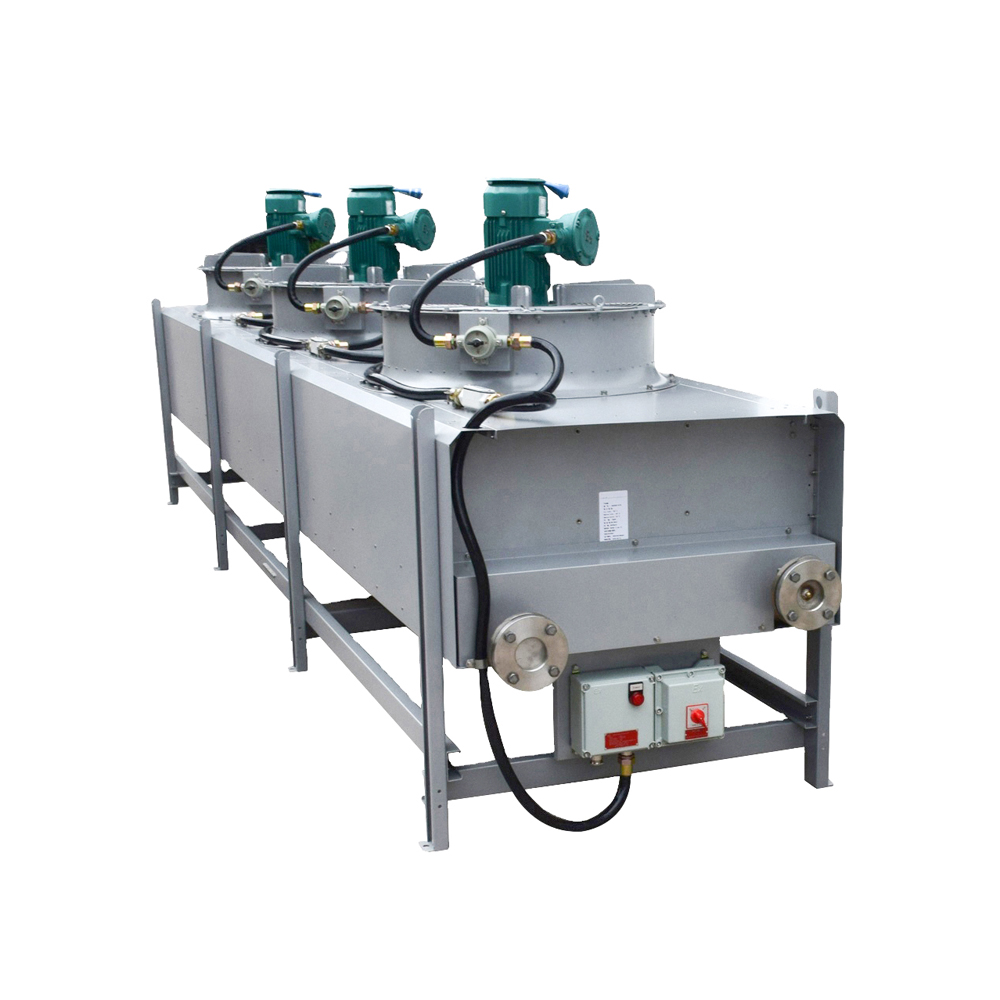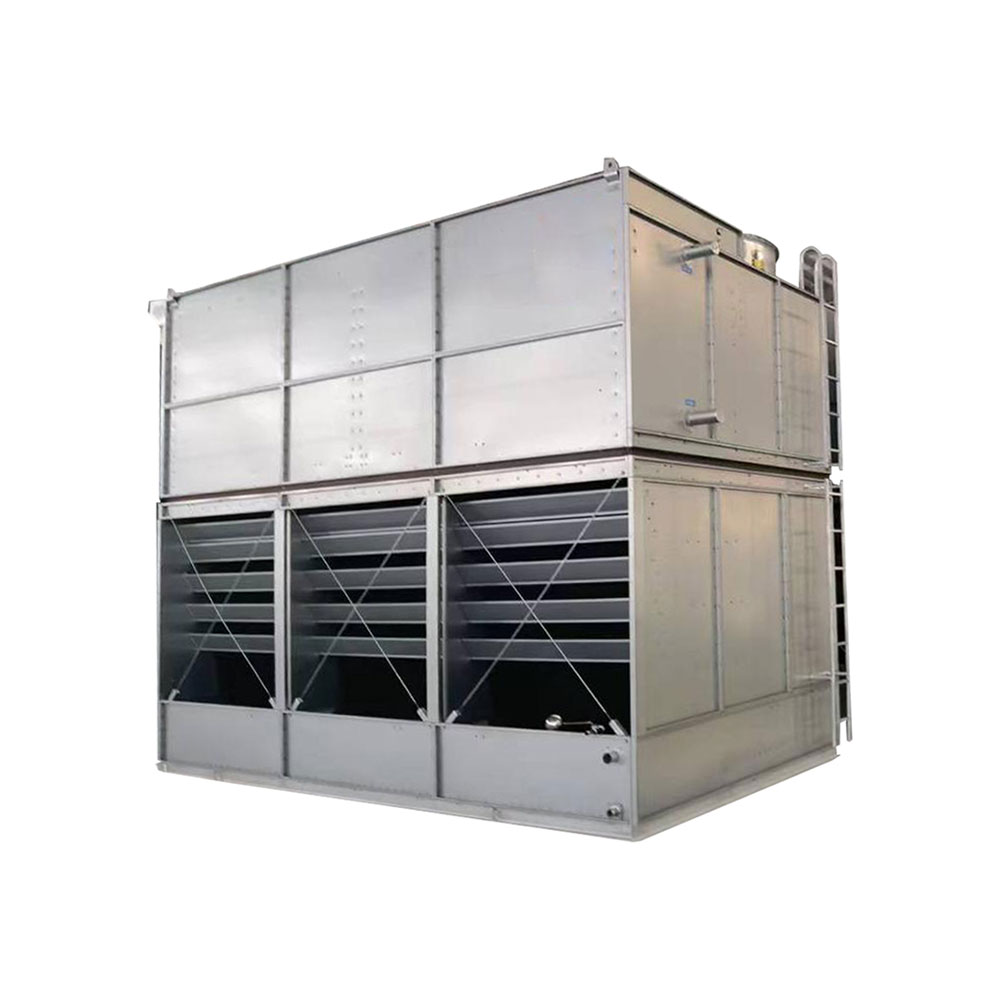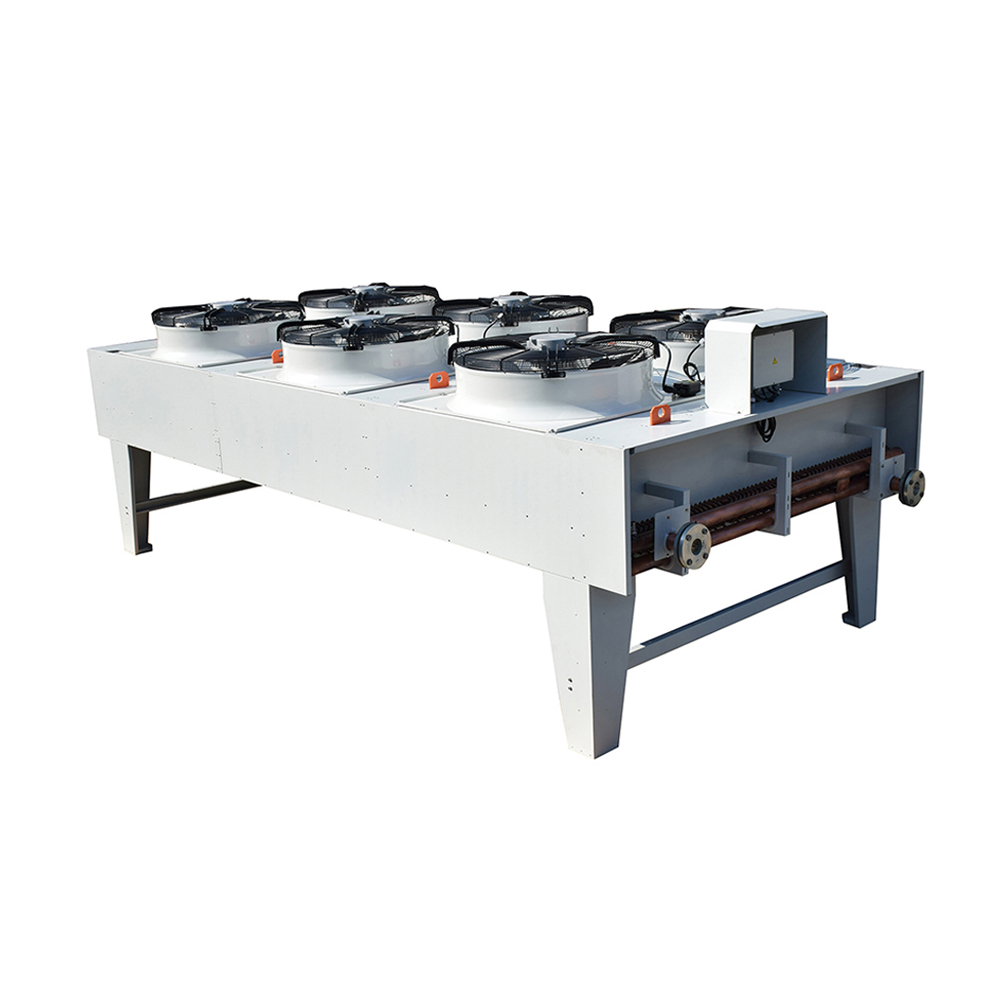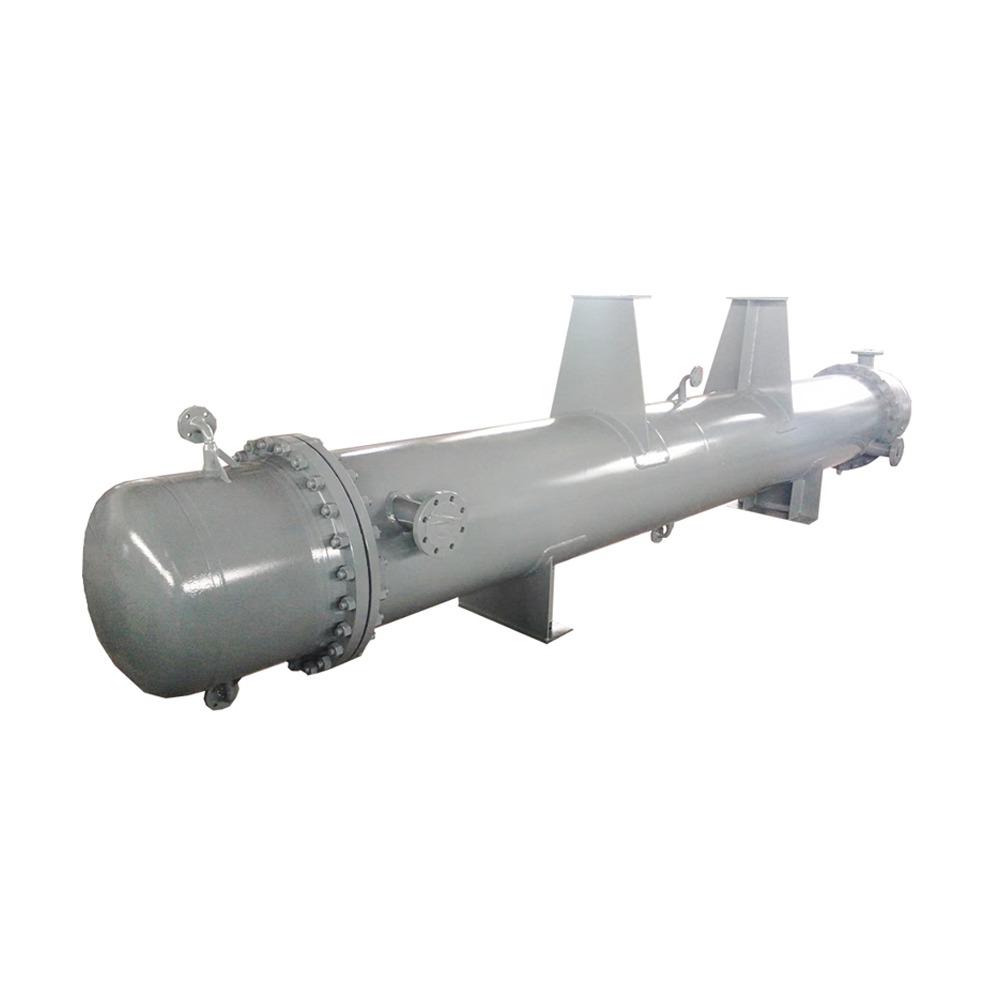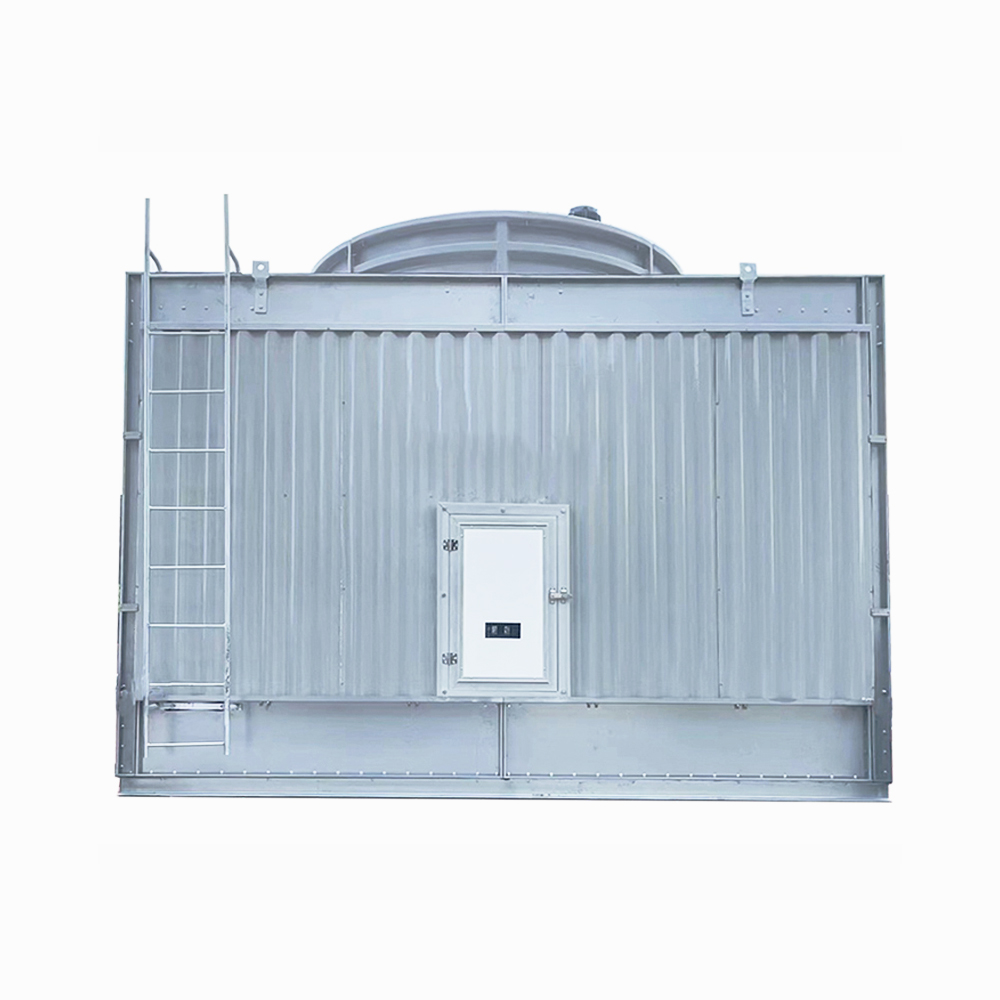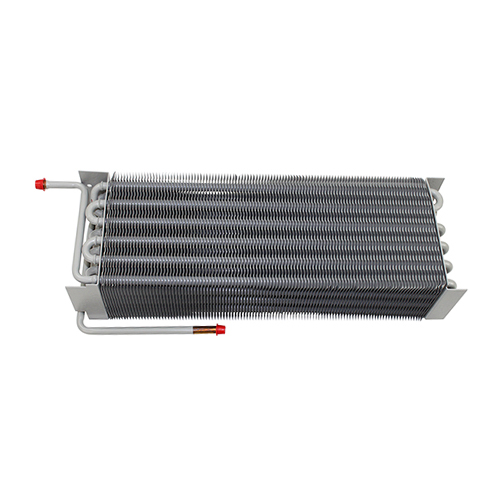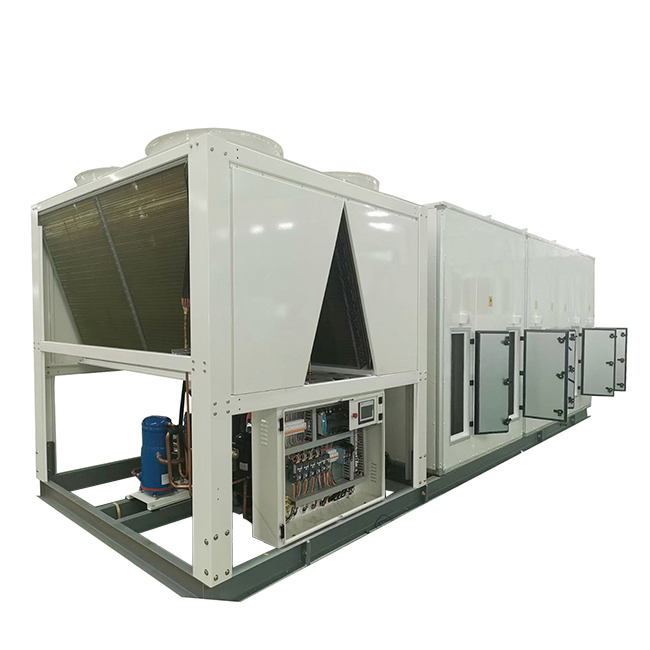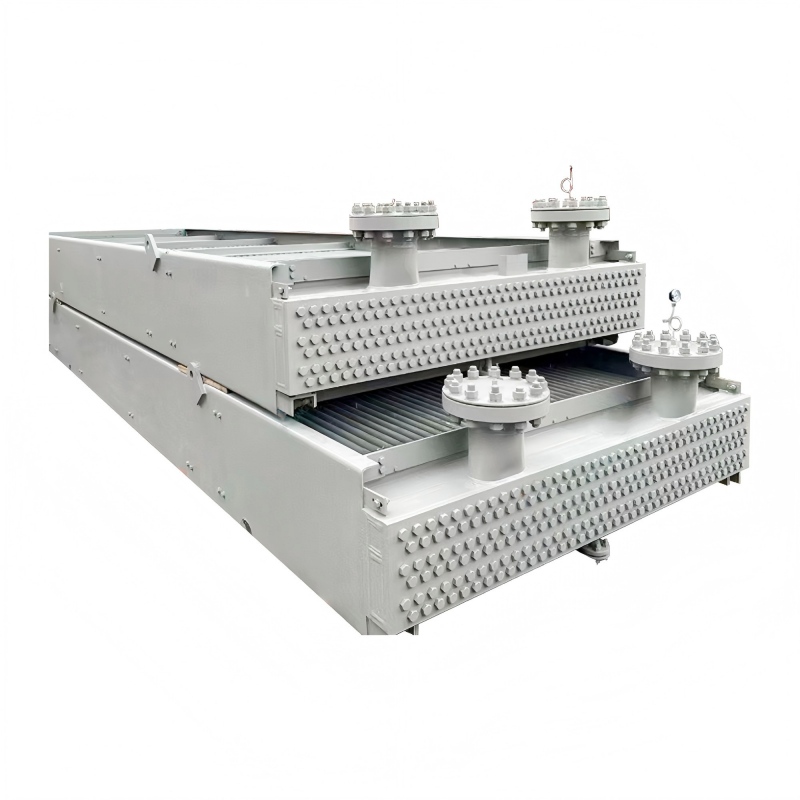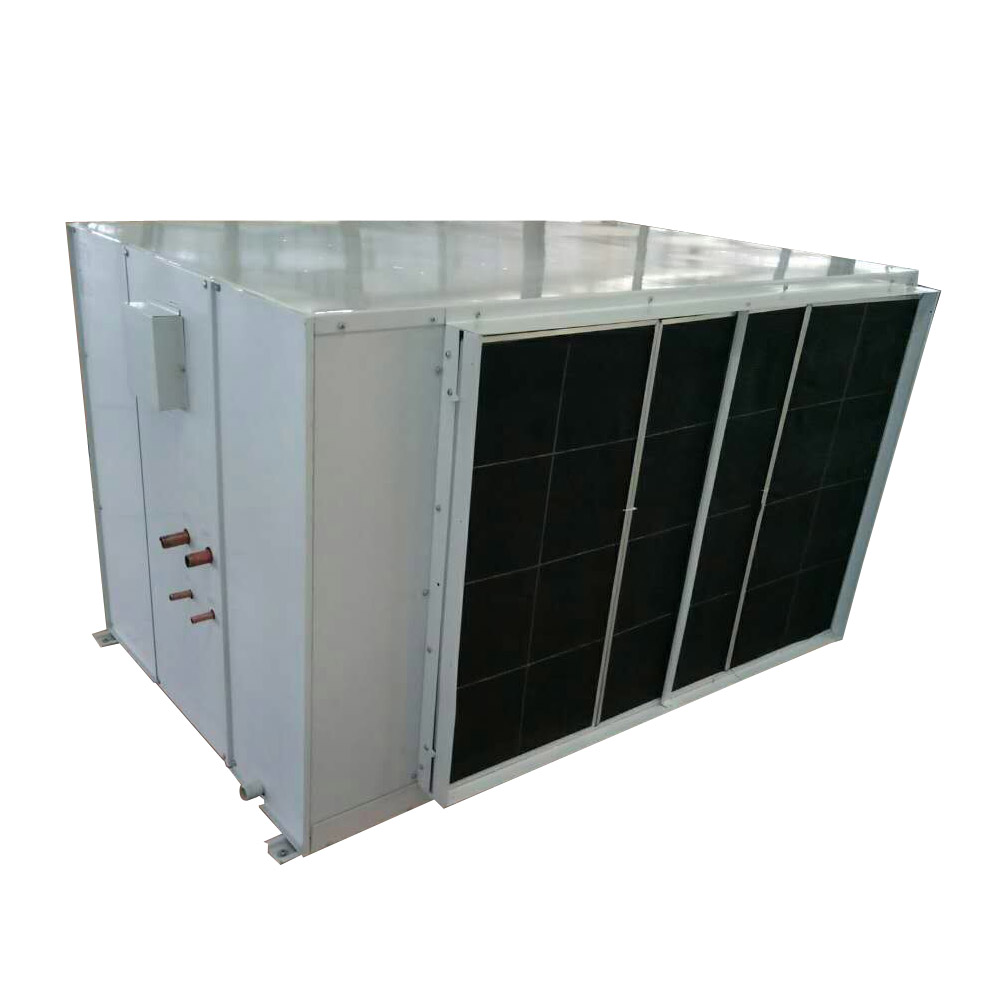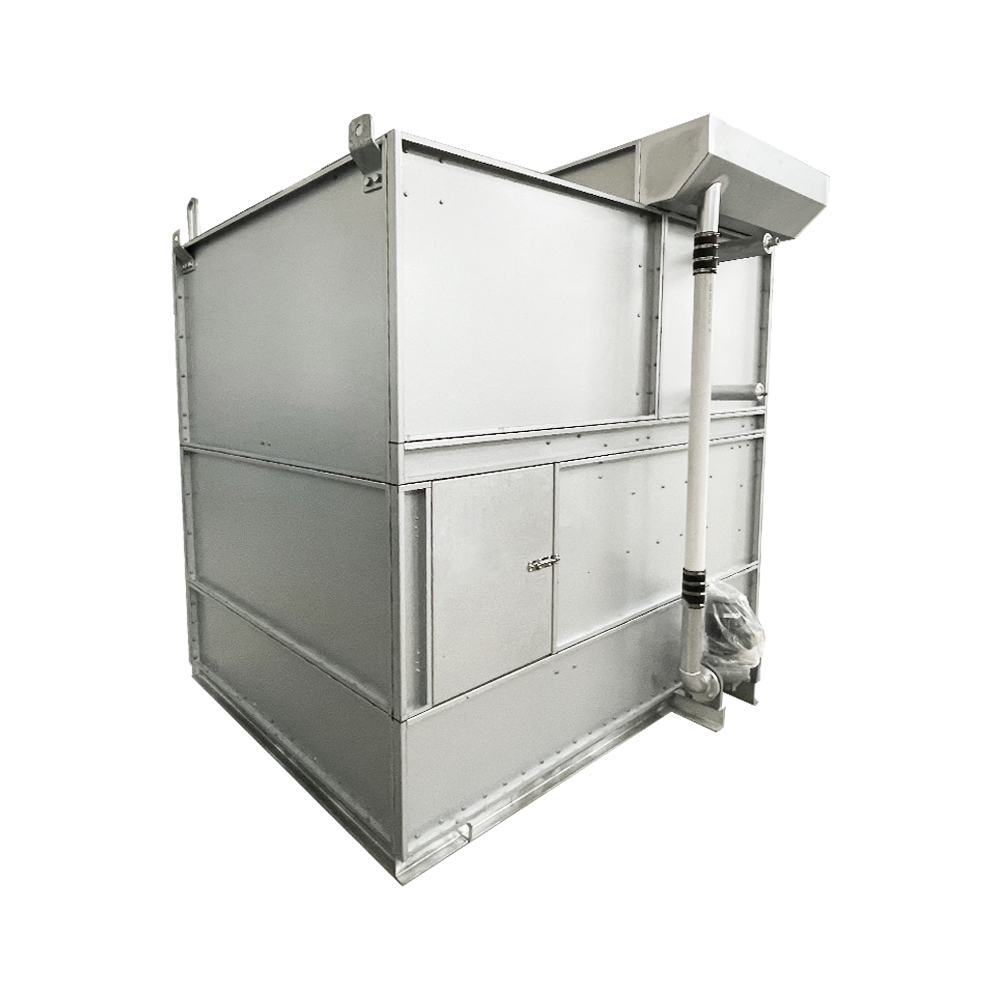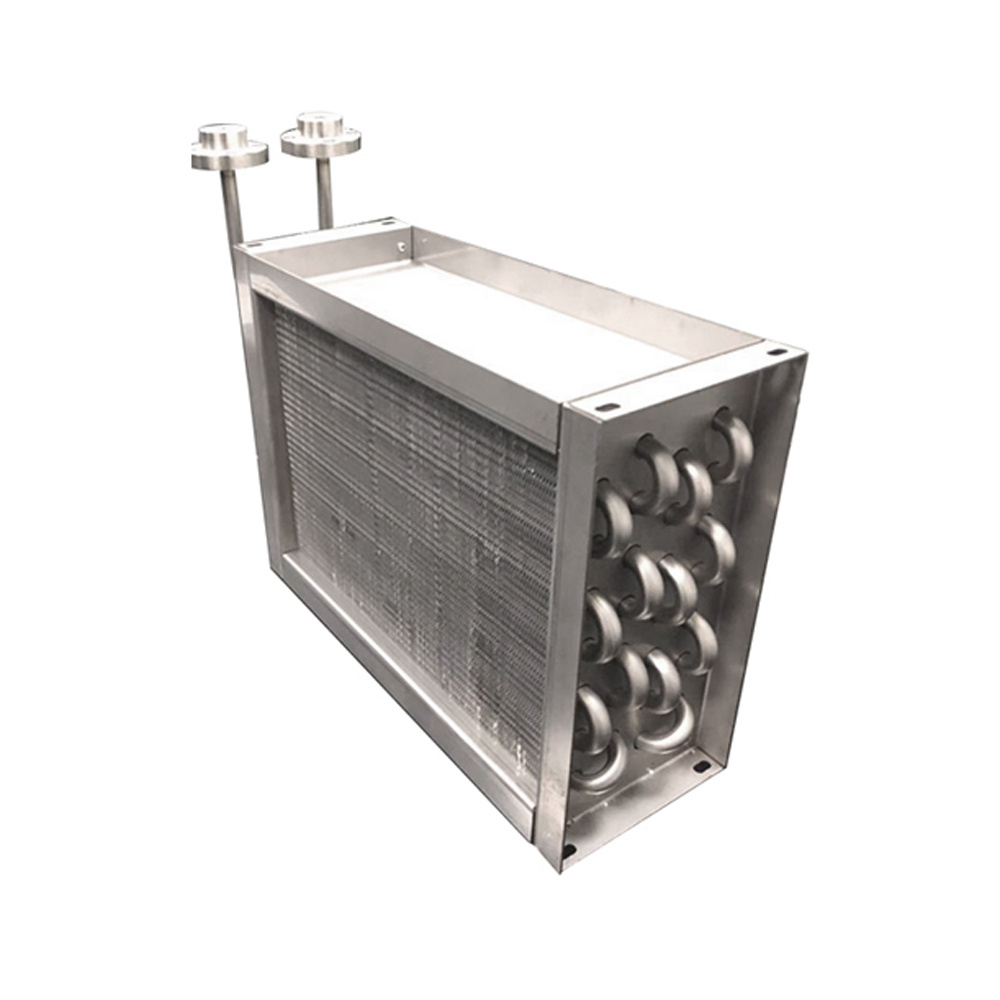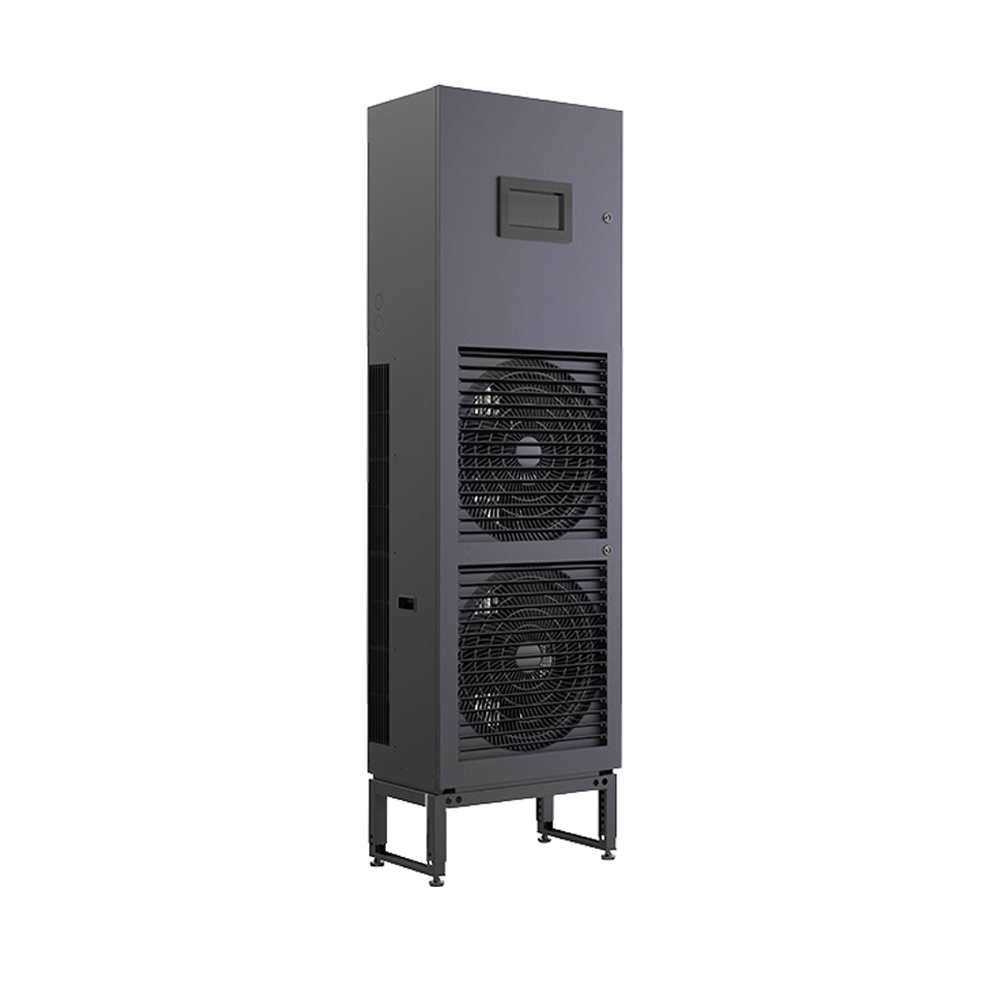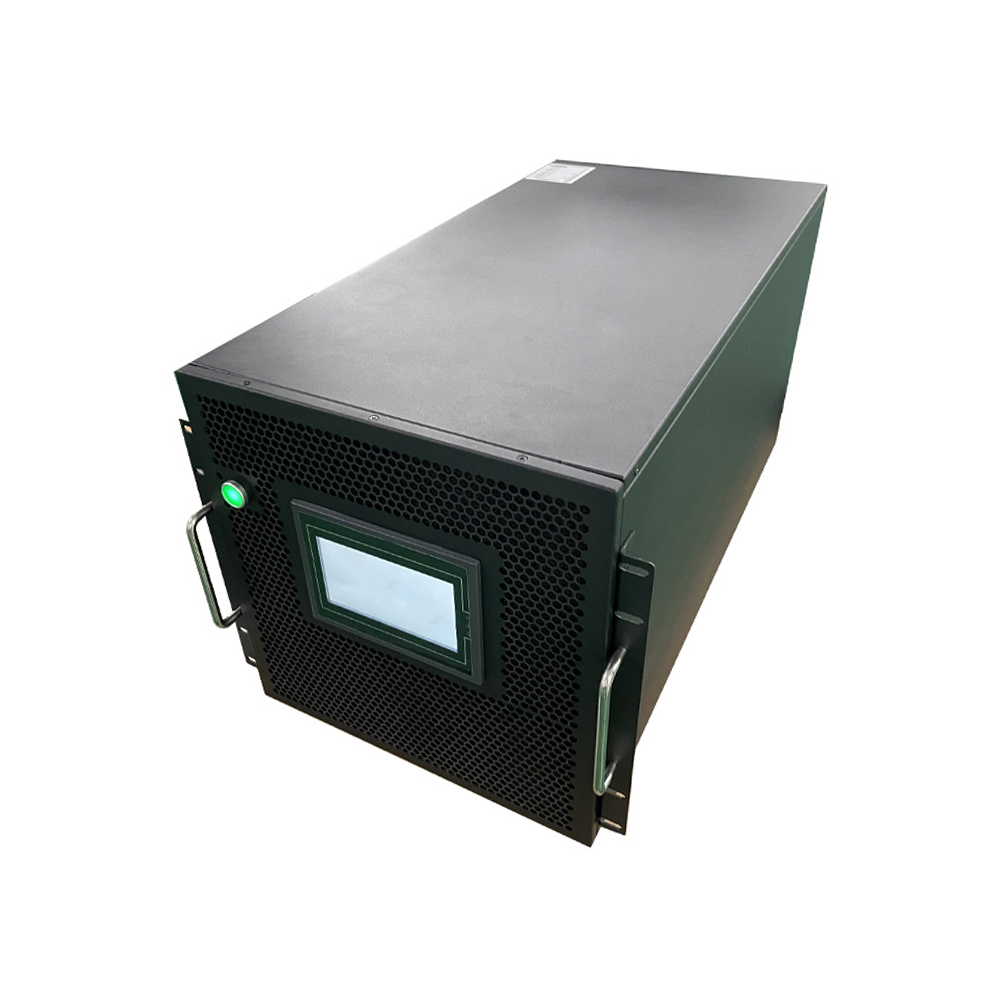This comprehensive guide explores everything you need to know about evaporator coils, from their function and types to troubleshooting common issues and ensuring optimal performance. Learn how to identify problems, perform basic maintenance, and when to call a professional for your HVAC system.
What is an Evaporator Coil?
An evaporator coil is a crucial component of your air conditioning and refrigeration systems. It's a heat exchanger that absorbs heat from the air or refrigerant, causing the refrigerant to evaporate and cool the surrounding air. The evaporator coil typically contains a network of copper tubes with aluminum fins to maximize surface area for efficient heat transfer. Understanding its function is key to maintaining a comfortable and efficient climate control system in your home or business. Poorly functioning evaporator coils can lead to reduced cooling capacity, increased energy consumption, and even system failure. Regular inspection and maintenance are crucial for preventing these problems.
Types of Evaporator Coils
Evaporator coils come in various types, each designed for specific applications. Common types include:
Finned Tube Evaporator Coils
These are the most common type, featuring copper tubes with aluminum fins. They are widely used in residential and commercial air conditioning systems due to their efficiency and cost-effectiveness. The aluminum fins increase the surface area for heat exchange, allowing for more efficient cooling.
Microchannel Evaporator Coils
These coils use smaller diameter tubes than finned tube coils, resulting in a higher surface area to volume ratio. This improves efficiency and reduces refrigerant charge, making them environmentally friendly. However, they can be more challenging to repair if damaged.
Plate Evaporator Coils
Plate evaporator coils consist of thin, flat plates that provide a large surface area for heat transfer. They are often used in industrial refrigeration applications and offer high efficiency and compactness.
Common Evaporator Coil Problems and Troubleshooting
Several issues can affect the performance of your evaporator coil. Here are some common problems and how to troubleshoot them:
Frozen Evaporator Coil
A frozen evaporator coil is often caused by restricted airflow, low refrigerant levels, or a faulty defrost system. Check your air filters for blockages and ensure proper airflow through the system. If the problem persists, contact a qualified HVAC technician.
Dirty Evaporator Coil
Accumulation of dust and debris reduces the coil's efficiency. Regular cleaning, ideally once or twice a year, can significantly improve performance. You can clean the coil with a coil cleaning brush and a vacuum cleaner or use a specialized coil cleaner. Always consult your system’s manual before attempting cleaning.
Leaking Evaporator Coil
A leaking evaporator coil requires immediate attention as it can lead to refrigerant loss and further damage to your system. This often requires professional repair or replacement. Contact a licensed HVAC technician for assistance.
Maintaining Your Evaporator Coil for Optimal Performance
Regular maintenance significantly extends the lifespan of your evaporator coil and improves efficiency. This includes:
- Regularly changing air filters.
- Inspecting the coil for debris and cleaning as needed.
- Scheduling professional inspections and maintenance at least annually.
- Addressing any issues promptly to prevent further damage.
When to Call a Professional
While some basic maintenance can be performed at home, it's essential to contact a qualified HVAC technician for more complex issues. If you notice significant performance drops, refrigerant leaks, or persistent freezing, professional help is crucial. For expert advice and services, consider contacting Shanghai SHENGLIN M&E Technology Co.,Ltd, a leading provider of HVAC solutions. Their expertise ensures your system operates efficiently and reliably.
Remember, a properly functioning evaporator coil is vital for optimal cooling performance and energy efficiency. Regular maintenance and timely professional service are key investments in the longevity of your HVAC system.









